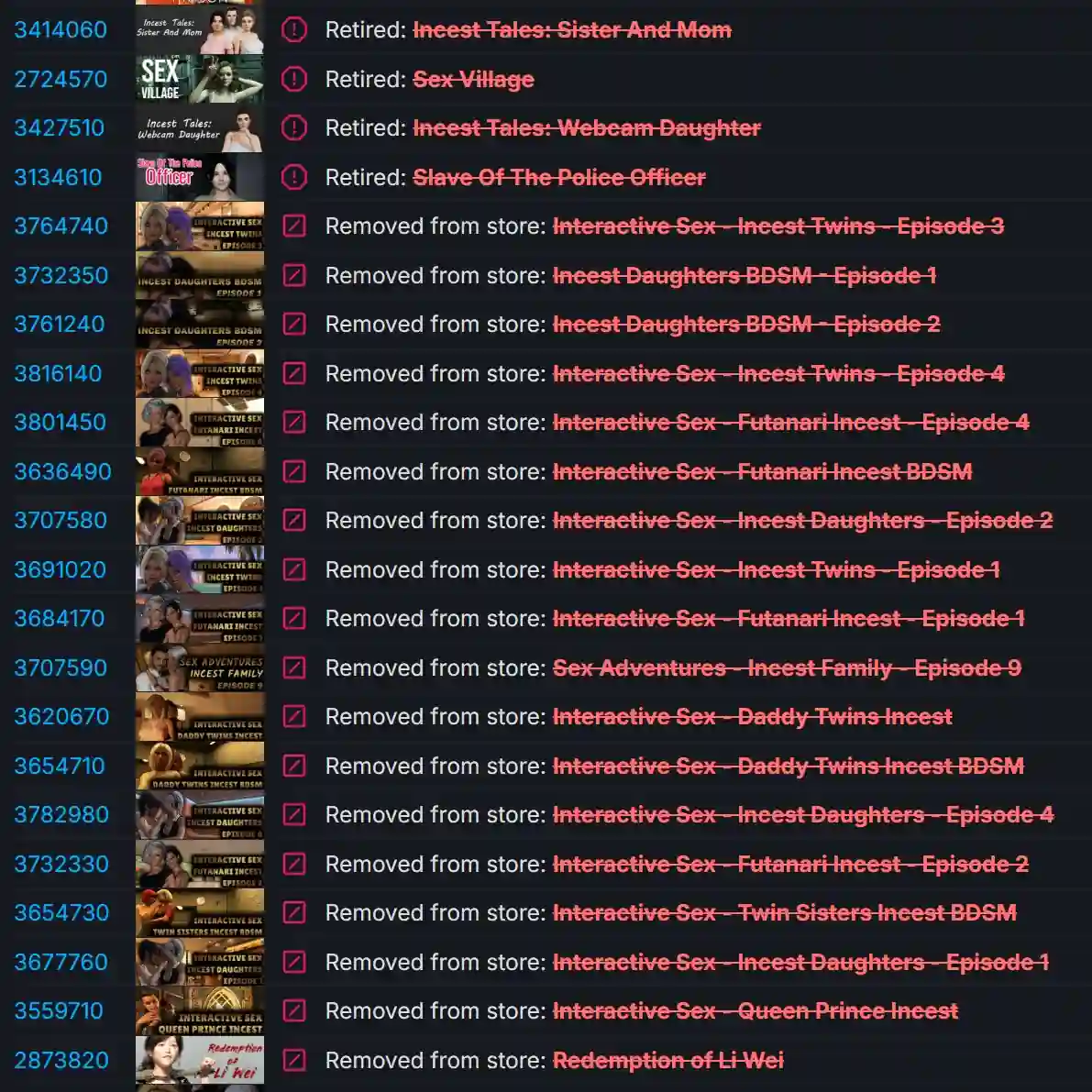Steam’s New Adult Content Policy Targets Payment Processor Compliance

Valve has quietly introduced a new clause to its Steamworks Documentation, specifically under the “Rules and Guidelines” section, that could significantly affect adult-themed games on the platform. The update appears aimed at ensuring Steam’s content complies with standards set by banks and credit card networks.
Steam’s New Adult Content Policy Targets Payment Processor Compliance

The newly added clause states:
“Content that may violate rules and standards set by payment processors, card networks, banks, or internet service providers. In particular, certain types of exclusively adult content.”
Previously, Steam’s list of prohibited content included 14 items, such as hate speech, malware, sexually explicit real-life imagery, and child exploitation. With this 15th rule, Valve has now given itself grounds to block or remove games that could lead to issues with financial institutions.
While Valve has not provided specific examples, this update likely stems from pressure to avoid violations of vague but influential policies imposed by companies like Visa, Mastercard, and PayPal.

According to data from SteamDB, several titles—mostly adult games—have been delisted from Steam in the past 16 hours (as of July 15, 2025). Many of them feature themes often flagged by payment providers, such as incest, slave roleplay, and non-consensual elements.
Interestingly, a game titled Trails of Innocence, reportedly an Ace Attorney-style mystery visual novel, was also removed. Whether this removal was tied to the policy update or not remains unclear.
Japan Faced Similar Issues with Payment Companies
This isn’t the first time the gaming and manga industries have dealt with financial censorship. In Japan, multiple platforms have suffered from silent rule enforcement by credit card companies, often resulting in lost payment processing capabilities.
Sites like Manga Library Z were forced offline after including adult content deemed unacceptable by these providers—even without public justification or warnings. As a result, many developers and publishers have shifted toward more restrictive self-censorship to avoid platform risk.


